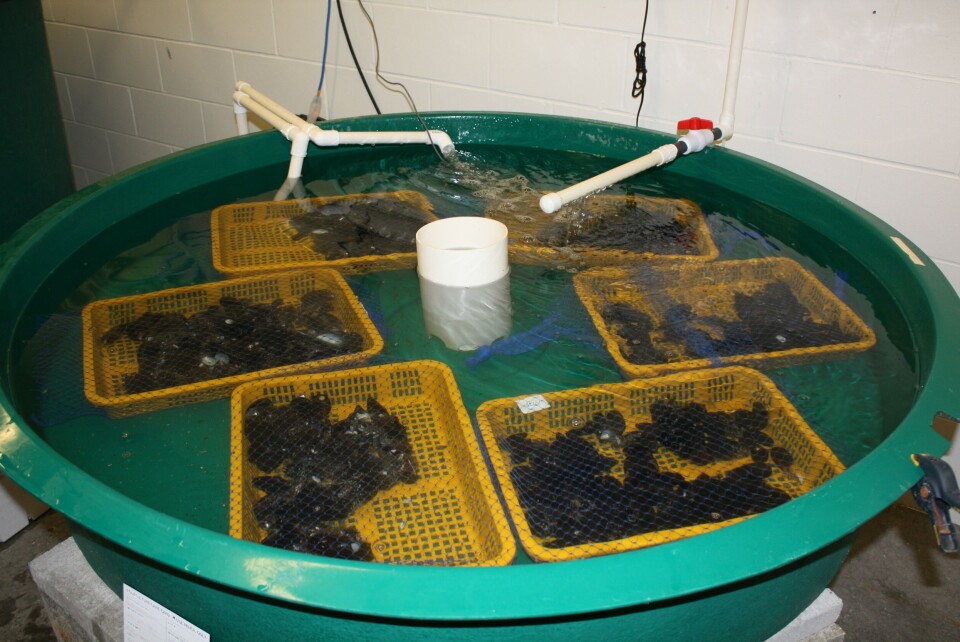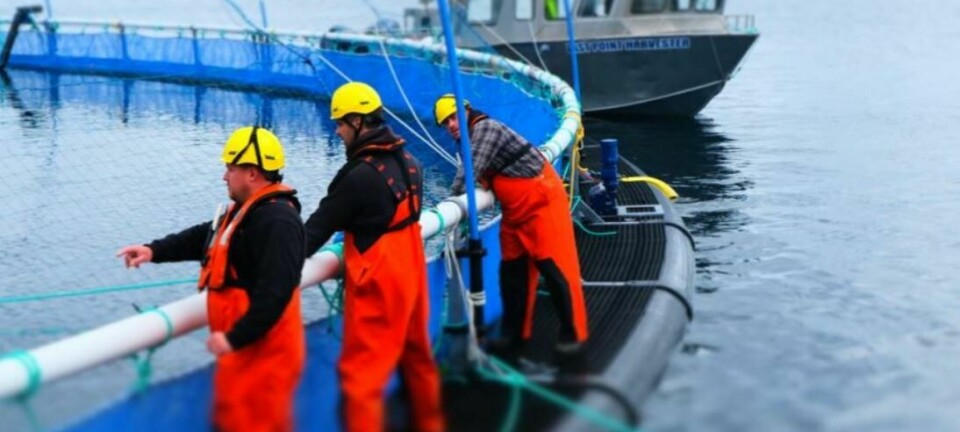
Frustrated fish farmer to leave New Zealand
It isn’t only in Canada that local governments sometimes represent major hurdles to economic development projects identified as priorities by senior levels of government. For example- in the broad area of open water outside Campbell River on Vancouver Island, the local Regional District has enacted bylaws that don’t allow any aquaculture (or most other) developments without the proponent going through a cumbersome and lengthy rezoning process, where every NIMBY (Not-In-My-Back-Yard) will show up to protest the job-creating proposals.
As The New Zealand Herald reports, a similar situation seems to be experienced by local entrepreneurs there;
Sealord has fish farms off Tasmania and Queensland and that is where it sees the future for its aquaculture arm, which accounts for 10 per cent of group turnover. Stuart's frustration stems from what he sees as regional councils' resistance to aquaculture at a time when central government is calling for greater investment from the industry. "There are some types of decisions that need to be recentralised and made in Wellington... we are a country of only four-and-a-half million people for heaven's sakes," he says.
Shifting aquaculture to Australia also increases its proximity to increasingly voracious Asian markets. China accounts for less than 10 per cent of the group's turnover but sales have doubled in the past three years. "I do not see any constraint to that demand at the moment," Stuart says. He says the Pure New Zealand Greenshell Mussel joint venture with Sanford and agribusiness conglomerate Wakatu Incorporation has been successful in promoting the shellfish in China's middle market restaurant trade.
Sealord is talking to other New Zealand food companies in China to establish a joint in-market services company which would handle everything from warehousing and distribution to promotions and events. "This builds on the greenshell thing but it would go way beyond just one product." Sealord's costly foray into Argentina also looks like coming to a head soon. Since buying into the fishing operation in 2001 it has been buffeted by heavy economic weather including rampant inflation and unfavourable exchange rate movements. "We have got to the point that we are out one way or the other this financial year which for us is in September," Stuart says.
Sealord's mainstay markets of North America and Europe are up slightly on a year ago and the dollar's recent backtracking is providing some relief. Stuart's three main priorities for Sealord for the coming 12 months are:
• Market development
• Productivity enhancement
• Debt reduction.






















































